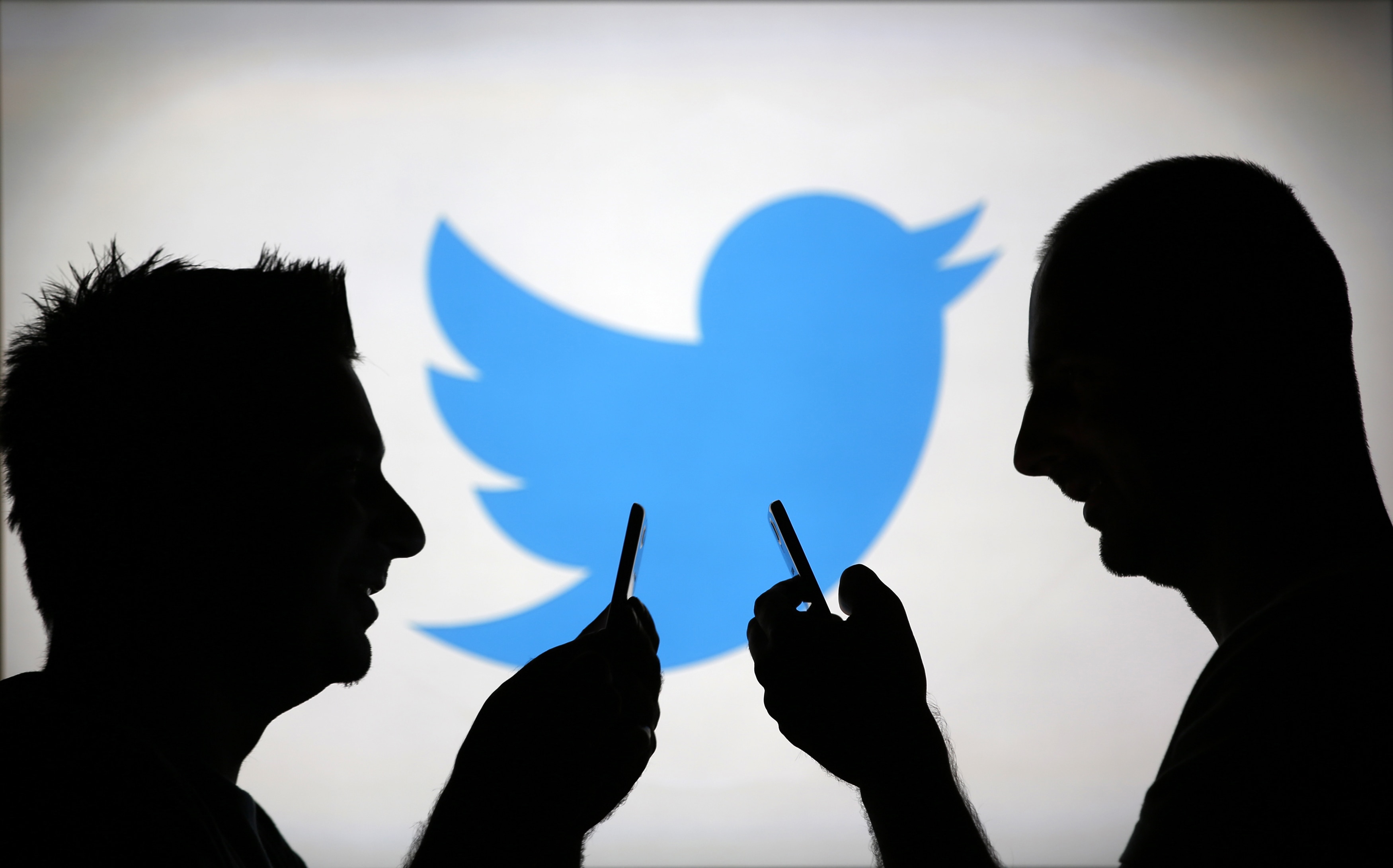"As a regional leader, New Zealand decision makers need to be aware there are wider implications, including whether they are setting a precedent for partner countries," said PFF.
(PFF/IFEX) – 30 October 2011 – A ten day parliamentary ban on reporters from the “Herald”, the largest daily newspaper in New Zealand, sets a dangerous precedent for the rest of the region, warns the Pacific Freedom Forum.
“Banning all or part of the news media is a risky option for any parliamentary Speaker to take,” says Pacific Freedom Forum chair Titi Gabi.
“As a regional leader, New Zealand decision makers need to be aware there are wider implications, including whether they are setting a precedent for partner countries.”
Dr Lockwood Smith, the House Speaker, imposed the ban on 7 October after a beneficiary leapt off the upstairs public gallery, protesting against government policies. A long-time “Herald” press gallery reporter, Audrey Young, snapped the moment with her phone camera, and it was published online later that afternoon.
PFF has reviewed commentary from the news media and other institutions since Dr Smith announced the ban earlier this month. PFF joins the New Zealand Press Gallery, the Commonwealth Press Union, and other news media in expressing concern.
“As part of the Fourth Estate, journalists attend Parliament for the same reason as honourable members,” says Gabi.
“We are there to hold the government of the day to account,” says Gabi.
New rules placing more restrictions on coverage will further hinder journalism from doing its job properly, said the PFF chair, speaking from Port Moresby.
“In the fortnight or so since the ban, this is being seen as especially worrisome, coming as it did six weeks before a general election.”
PFF agrees with the Commonwealth Press Union and its Media Freedom Committee that the ban should result in a review of rules that must be followed by the press gallery.
“There may have been a good reason to limit House coverage in the past,” says Gabi.
“Journalists used to act as gatekeepers to most public awareness. But the question must be asked whether this still stands good today, in an era of almost unlimited access to public information, via internet and social networks,” she says.
PFF applauds Dr Smith for what is widely recognised as a robust and independent approach to the role of Speaker, even when dealing with MPs from his own party.
In 2010, Dr Smith attacked government MPs for “reckless misuse of official data” – criticism that went unreported, with the New Zealand parliamentary press gallery instead focused on a visit to Parliament, the same day, by beauty pageant contestants.
PFF co-chair Monica Miller also welcomed a decision by the Speaker to pull back from a total ban, but says relatively muted reaction to the ban in New Zealand shows a lack of news media governance.
“Sad to say, there is not a strong voice for journalism in New Zealand.”
The only union to represent journalism, the Electrical, Printing and Manufacturers Union (EPMU), features just three press releases on its journalism site this year, with only six last year.
MEAA, the Australian Media, Entertainment and Arts organisation, does have representation in New Zealand. But a PFF volunteer was advised during a brief, informal visit to the Auckland office this week that they are focused on actor equity issues, rather than news media or journalism.
There has not been a professional association for journalists in New Zealand since 1987.
Miller notes that an EPMU journalism review promised for 2008 has yet to appear.
“It is an irony that the only news media organisation to respond publicly to the journalism review is the New Zealand “Herald” chapel, strongly suggesting a political economy where there is a chilling effect on news media.”
Some 30 other news media who responded to the journalism review did not want to be identified.


